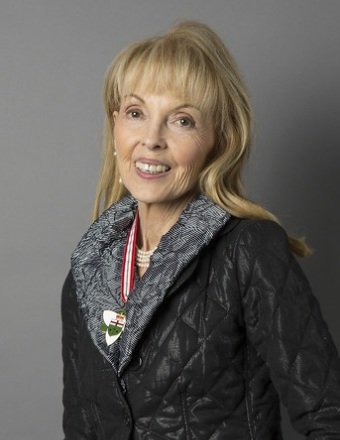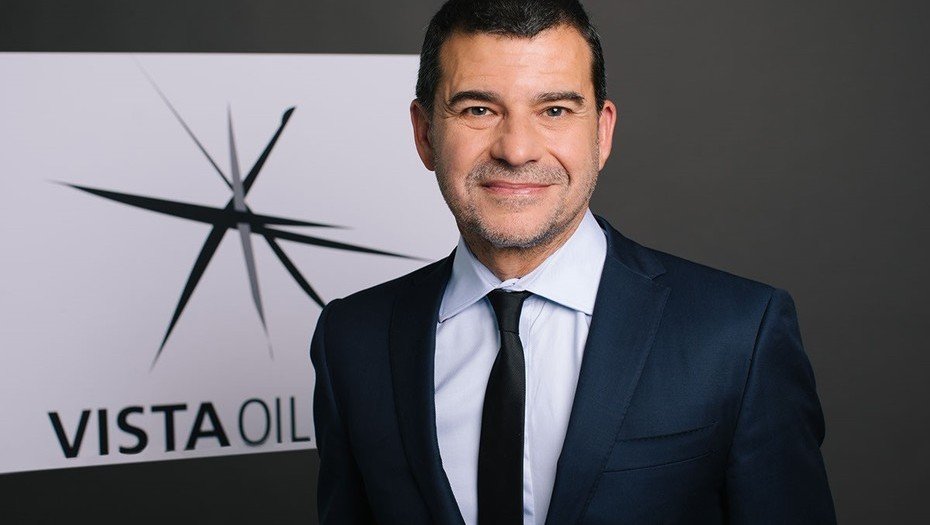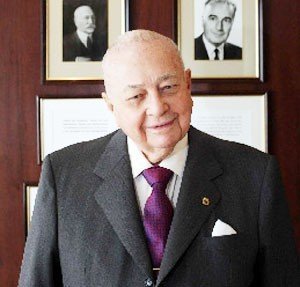Isabel Bassett (born August 23, 1939) is a Canadian journalist and former politician. From 1999 to 2005, she served as the Chair and CEO of TVOntario/TFO, Ontario’s provincial public broadcaster. Though at times a controversial figure, Bassett has been widely recognized as a pioneering woman in Canadian media.
Born in Halifax, Nova Scotia, Bassett earned a Bachelor of Arts from Queen’s University and a Master of Arts from York University in 1973. She also completed teacher training and taught English and French at Humberside Collegiate Institute.
Bassett entered Canadian public life in the 1960s as a journalist with the Toronto Telegram. She later joined CTV, where she became a prominent reporter and documentary producer, including a stint with the investigative program W5. In 1970, she married John Bassett, owner of Baton Broadcasting. Although her work won numerous awards, some critics questioned her position at CTV due to her marriage to the network’s owner. John Bassett passed away in 1998. Later, Isabel began a relationship with Ontario political figure Ernie Eves. She is also the author of several books chronicling the political, social, and historical contributions of Canadian women.
In the 1993 federal election, Bassett ran as a Progressive Conservative candidate in Toronto—St. Paul’s but was defeated by Liberal Barry Campbell by over 15,000 votes.
Bassett entered provincial politics in 1995, winning the seat of St. Andrew—St. Patrick by defeating Liberal candidate Carolyn Bennett (later a federal MP) by approximately 3,500 votes. She served as a Progressive Conservative MPP for the next four years. On October 10, 1997, she was appointed Minister of Citizenship, Culture and Recreation under Premier Mike Harris. Despite the government’s right-leaning stance, Bassett was considered a Red Tory, known for her socially progressive views within the cabinet.
From 1999 to 2005, she led TVOntario, promoting educational content and public broadcasting, while navigating the channel through political and structural transitions. Her tenure cemented her status as a key figure in the intersection of culture, media, and public policy in Ontario.








